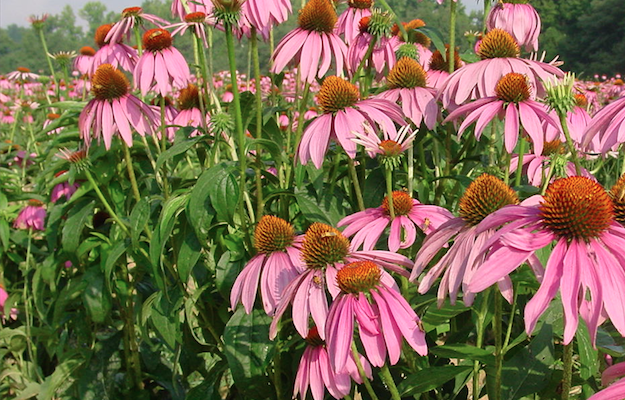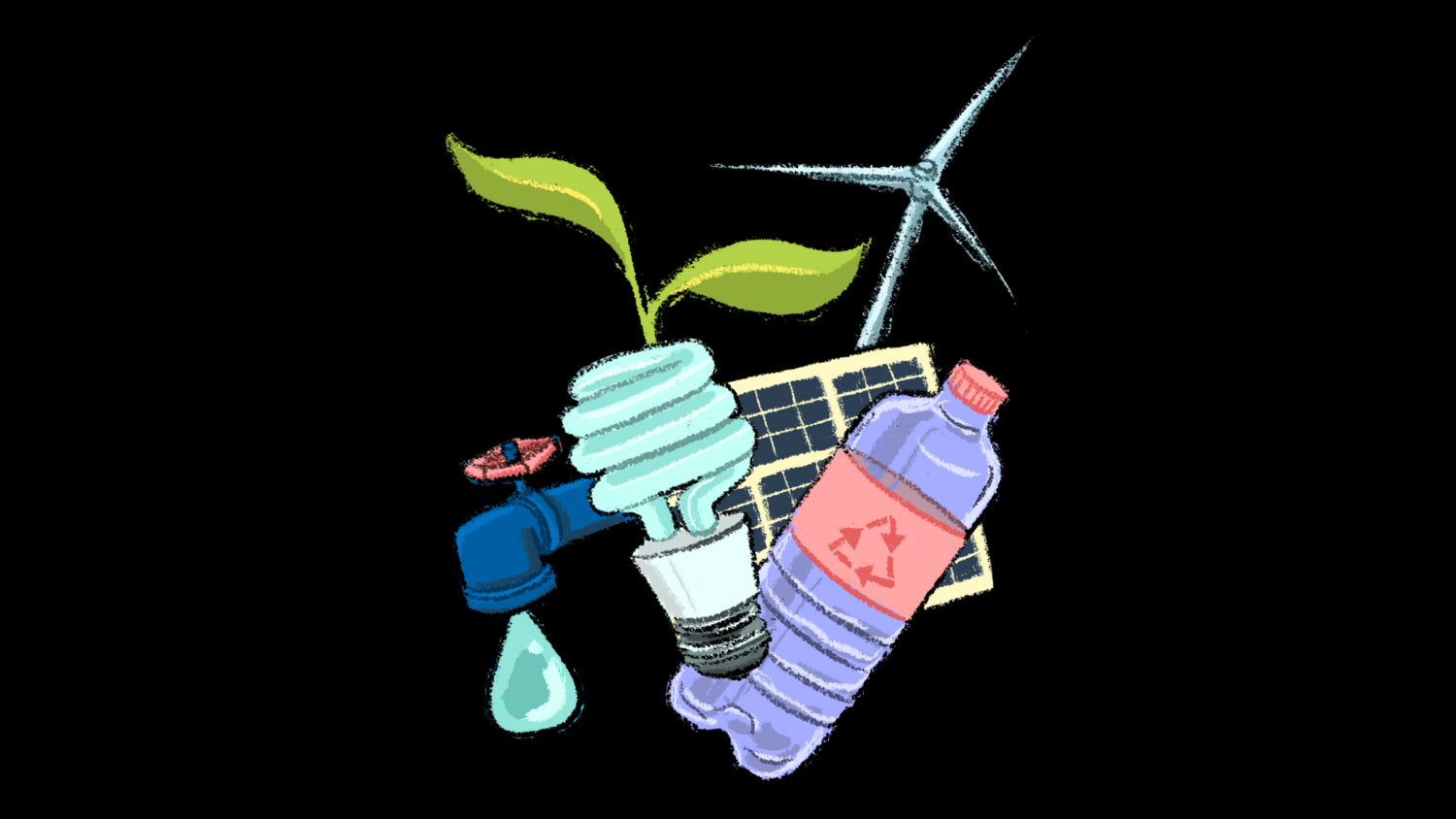ALLIANCE PROMOTES SUSTAINABLE USE OF NC’S WILD HERBS AND NATURAL PRODUCTS

Photo: NC Natural Products Association
The mountains of North Carolina are rich with biodiversity, including many plants with valuable medicinal properties. Though resourceful residents have made use of these herbs for centuries, these plants are now becoming an important part of the economy in the mountainous region of the state, thanks to recent efforts by the Natural Products Alliance of North Carolina.
The North Carolina Natural Products Association (NCNPA) has worked for over a decade to establish North Carolina as a key global supplier of premium-quality raw materials and plant-based value added products. These projects gained momentum in 2011 when NCNPA joined forces with NCSU Cooperative Extension, the NC BioNetwork, Blue Ridge Food Ventures, Bent Creek Institute, the Small Business and Technology Development Center (SBTDC) and AdvantageWest to establish the Natural Products Alliance of NC. With the help of a pair of grants from the Golden LEAF Foundation, the alliance has taken steps to make western NC an ideal home for herb growers and natural product manufacturers.
The alliance set up a natural products manufacturing facility, opened a botanical safety testing lab and launched the Blue Ridge Naturally Seal to certify the quality and safety of herbs and natural products coming from the western part of the state. These steps have already begun to bear fruit, with 48.5 new full time jobs created, 44 new acres of medicinal herbs in production, and 15 new value-added natural products companies started in the last three years.
Making “Natural” a Meaningful Word
The natural products sector of the economy has seen strong growth in the past decade, despite the economic downturn. However, the terms “natural” and “organic” don’t mean very much in the cosmetic industry. “Natural” products often contain synthetic chemicals, and “organic” personal care products can contain as little as 10% organic ingredients. The FDA has minimal over site over the cosmetics industry in the US, which may help explain why only 11 ingredients have been declared unsafe here, compared with over 400 banned in the EU.
There is also growing concern surrounding the safety and quality of medicinal herbs available in the global marketplace. Greenpeace recently conducted a study that found a cocktail of pesticide residue on herbs grown in China. Herbs grown or gathered from polluted areas can also contain dangerous heavy metals, including lead, cadmium and arsenic.
The Blue Ridge Naturally seal allows herb sellers and natural product manufacturers to signal to consumers that their products contain no harmful ingredients, are sourced from growers and foragers who understand sustainable practices, have had labs verify their ingredients, and for products taken internally, had labs test for pesticides, heavy metals and harmful microbials.
Connecting Supply and Demand
It will take time for the Blue Ridge Naturally seal to gain recognition amongst consumers, however herbal suppliers and processors have already begun to take note. In the past, processors have had to test the herbs they purchase themselves, and had no way to guarantee that the herbs they were buying were harvested or grown in a sustainable way. Many useful herbs are currently over harvested, causing herb suppliers and processors to search for sources they can trust to harvest responsibly.
Mountain Rose Herbs, a company renown for its commitment to sustainability and ecological restoration, has explicitly stated that they would prefer to purchase bloodroot, black cohosh, slippery elm bark, wild cherry, and ginseng from Blue Ridge Naturally certified growers. Individuals involved with the alliance are actively seeking existing farmers interested in trying to fill this unmet demand.
The Natural Products Alliance has worked hard to bridge the gap separating herb growers from the processors and manufacturers who are looking for a source for high quality, sustainably grown herbs. As Jennifer Flynn, brand manager for Blue Ridge Naturally explains:
“Growers really want to cultivate medicinal herbs, but they don’t know what to grow and who will buy them; and value-added processors really want to buy local raw material, but it is very uncommon for a grower to be cultivating one specific herb that is needed. By taking an approach of assisting growers in producing in-demand, marketable medicinal herbs in a coordinated way, we can develop a framework that can be replicable for different herbs and continue to build the supply-side of the natural products sector in western NC.”
The Road Ahead
With this effort still in its infancy, no one can predict exactly what lies ahead for North Carolina herb growers and natural product manufacturers, but there is plenty of room for growth in all parts of the natural products value chain.
The success of the program may soon spill out beyond the 23 western counties in North Carolina.
“We’ve had a lot of interest from other states in the Blue Ridge/Appalachian chain that would like to be part of the BRN program and this is under consideration,” says Flynn. “Also, there has been interest from other parts of NC that are not in the region. With the program being in its second year of implementation there has been a lot learned and it seems like the demand is there for the certification to grow beyond the region.”
If we take care of our state’s rich biodiversity, and cultivate and harvest plants responsibly, herbs and plant-based value added products may become a backbone of our state’s economy for many generations to come.
Please visit the North Carolina Natural Products Association website to support their work.
- Categories:


